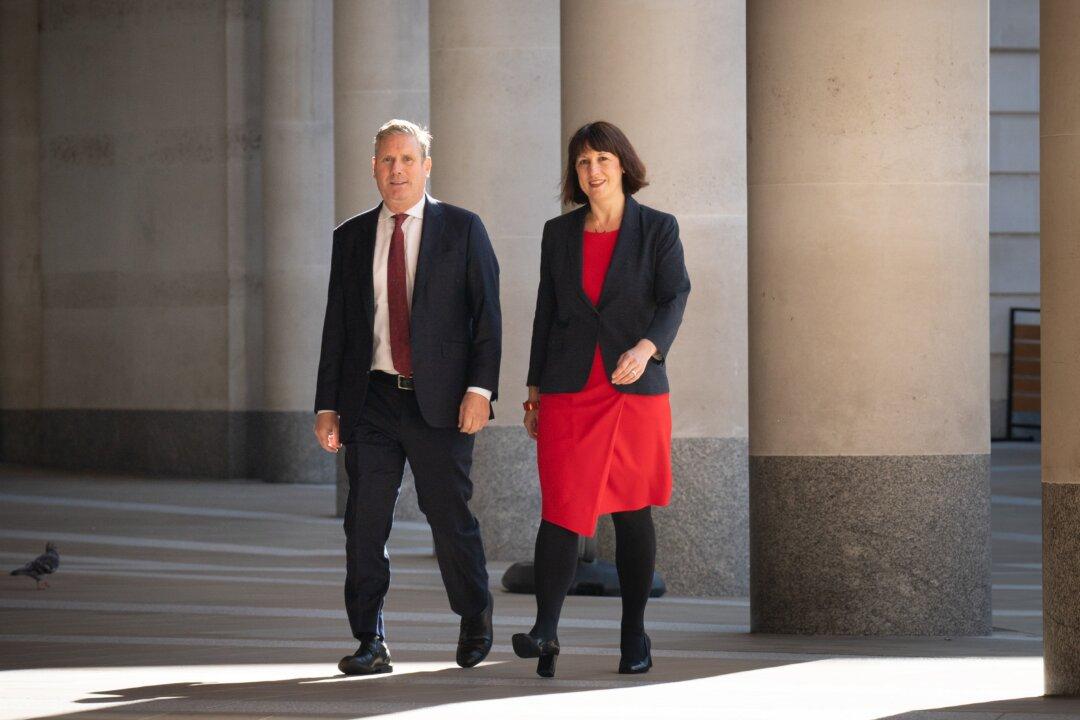A think tank has branded Labour’s pledge to spend £28 billion a year on green policies as “fantasy” plans, while comments from the shadow chancellor have caused confusion over the exact timeline of the pledge.
Labour’s original “climate investment pledge,” announced by shadow chancellor Rachel Reeves during Labour’s autumn conference, claimed that Labour would oversee investment of £28 billion on green proposals each year, every year until 2030.





